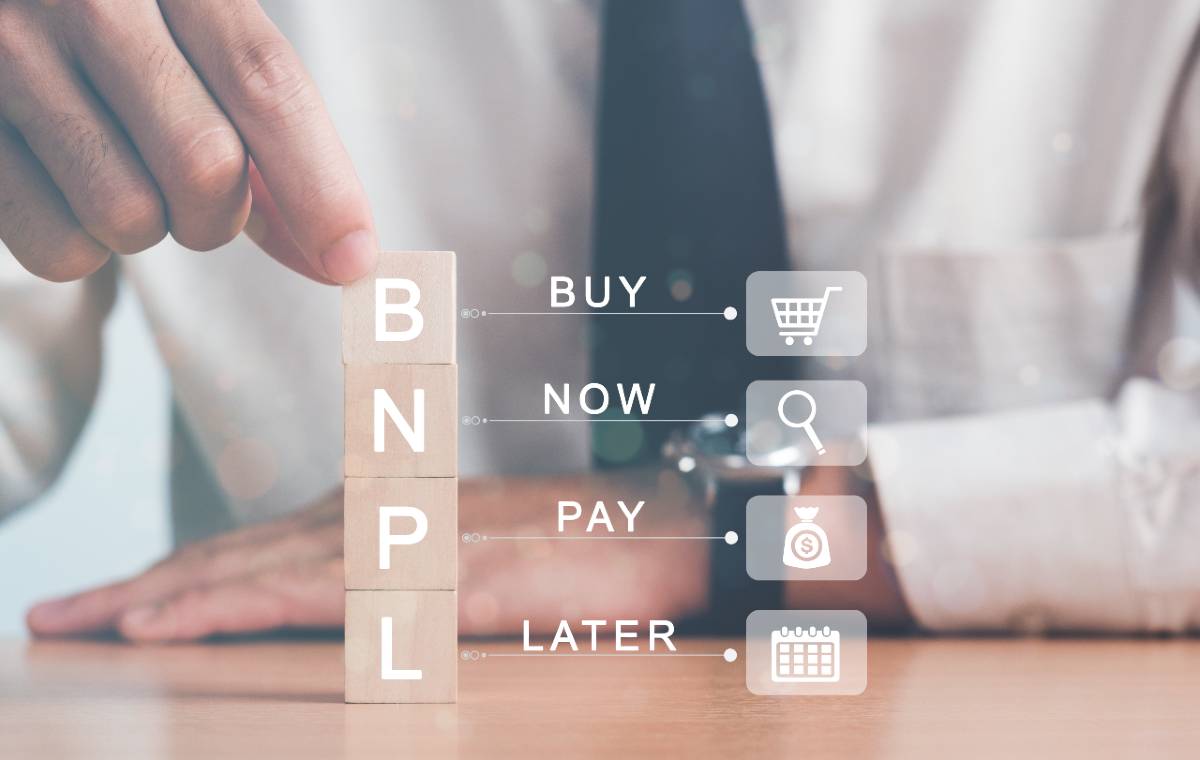What is Earned Wage Access?
Earned Wage Access (EWA) is an innovative financial service that enables employees to access a portion of their wages before their regular payday. Instead of waiting two weeks or a month to get paid, workers can withdraw part of what they have already earned. For example, if someone works 40 hours in a week, EWA allows them to take home part of that pay immediately instead of waiting for the official paycheque.
This service is growing in popularity in Canada as more people face financial stress between pay periods. Rising costs of living, unexpected expenses, and the growing number of workers with variable hours all highlight the need for flexible pay options.
By offering pay on demand, EWA reduces financial pressure and gives employees better control of their money. Importantly, it is not a loan. Since workers are accessing their own earned income, there is no debt, no high interest, and no repayment schedule.
How is EWA different?
At first glance, Earned Wage Access may sound similar to payday loans or cash advances, but the differences are significant. With a payday loan, a person borrows money against future income. That loan needs to be repaid with extremely high interest rates, often above 400% annually in Canada. Many payday loan users end up stuck in a cycle of debt where fees pile up faster than they can pay them off.
EWA is very different because workers only access the money they have already earned. There’s no debt taken on, and nothing to repay once their regular payday arrives. Instead of paying back a loan, the early payout is simply deducted from the employee’s wages when the scheduled paycheque is processed.
Another key difference is inclusivity. Unlike loans or credit cards, EWA does not require a credit check. That makes it safe and equitable for employees across income levels, including those with little or no credit history.
Finally, EWA offers a layer of fairness and transparency. If there are fees, they are generally small flat amounts similar to an ATM fee—far lower than interest charges from payday lenders or late payment penalties from credit card companies. This makes it a safer and more empowering financial tool.
How is Earned Wage Access better than the alternatives?
To understand the benefits of EWA, it helps to compare it with common alternatives Canadians use when they fall short on cash between paydays: payday loans and credit cards.
| Feature | Earned Wage Access (EWA) | Payday Loans | Credit Card Cash Advance |
| Source of funds | Your own earned wages | Borrowed money from a credit issuer | Borrowed money from credit issuer |
| Interest/fees | Usually a low flat fee ($2–$5 per use) | Extremely high (often 400%+ APR) | Cash advance interest 20–25%+ plus fees |
| Repayment | Automatic from next paycheque | Lump sum repayment + interest | Ongoing revolving debt |
| Credit check required? | No | Sometimes | Yes* |
| Risk of debt cycle | Low** | Very high | Moderate/high |
| Accessibility | Employers offering an EWA program | Payday loan stores / online | Need a credit card account |
**Borrowing funds to get by means less money on payday. This could still lead to a debt cycle, even if borrowing from expected future wages.
The contrast is clear. Payday loans put vulnerable borrowers at risk of long-term debt traps. Credit card cash advances, while slightly safer, still come with high interest rates that grow the longer the balance is unpaid.
EWA avoids those risks because it is based only on wages already earned. Employees tap into money they have already worked for, not borrowed. That makes it not only safer but also supportive of better financial habits in the long run.
Real-life benefits of EWA
Benefits for individuals
For Canadian workers, the day-to-day advantages of EWA are clear. It can prevent financial emergencies from turning into long-term problems. Say a car breaks down before payday. Without EWA, the worker might turn to a payday loan or face late fees on bills. Having early access to wages helps people cover those unexpected expenses in a financially healthier way.
EWA also supports better money management. Since users decide when to pull out wages, they often become more aware of their cash flow. This habit can build financial discipline by encouraging budgeting and mindful spending.
Privacy is another benefit. Employees can use EWA without involving banks, creditors, or loan offices. While most Canadians use traditional or online banks, some do not have a bank account and rely on cheque-cashing services or prepaid cards. Many EWA programs can deposit funds directly onto prepaid debit cards, providing these financially underserved workers a safer, more affordable option to access their wages early without extra fees or delays. This inclusivity helps spread the benefits of EWA to a wider range of workers, including part-time, gig, or seasonal employees.
Finally, EWA is highly transparent. A flat service fee—often only a few dollars—compares favourably to the $15–$25 per $100 borrowed through payday loans, or to late payment fees from service providers.
Benefits for companies
Employers also gain from offering EWA. In competitive job markets, companies that care about workers’ financial well-being can improve retention. By reducing stress about meeting daily expenses, EWA programs promote higher morale, lower absenteeism, and stronger productivity.
With more part-time, hourly, and gig-based work in Canada, EWA aligns with how the modern workforce earns and spends money. Providing flexible access to wages reflects a forward-thinking approach that benefits both employer and employee.
Concerns about EWA
While EWA has many advantages, some concerns remain. Critics worry that workers might become too reliant on withdrawing pay early and fail to break free from living paycheque to paycheque. This could, in turn, prevent growth in long-term financial literacy.
However, most EWA programs include built-in safeguards. For example, employees are usually limited to withdrawing only 30–50% of their earned wages before payday. This prevents full paycheques from being depleted too early and ensures money is left for rent, utilities, and other big bills.
In addition, many providers pair EWA with financial literacy tools such as budgeting apps or savings features. By combining access with education, the risk of dependency can be reduced. As with any financial service, responsible use is key, but the guardrails make EWA far safer than payday loans or other high-interest options.
Key takeaways
Earned Wage Access offers a practical alternative to high-interest loans and costly credit options. It puts control back into the hands of workers by allowing them to use money they have already earned on their own terms. Unlike payday loans, EWA does not create debt or dependency on predatory lenders. Unlike credit cards, it does not pile up ongoing interest over time. Instead, it provides an affordable safety net to handle surprise expenses, from groceries to car repairs. While it is not a replacement for financial literacy and long-term planning, it is a tool that provides security and flexibility in a world where costs keep rising.
In short, EWA gives employees financial breathing room while avoiding the harsh penalties of other short-term options. For many Canadians, it could be a step toward breaking free from the cycle of living paycheque to paycheque. This, in turn, can help people pay down debt or build emergency funds. If you’re already struggling to make ends meet because of debt, you can contact one of our trained credit counsellors for advice – they can help you figure out which debt relief strategy could be the right fit for your specific situation.











